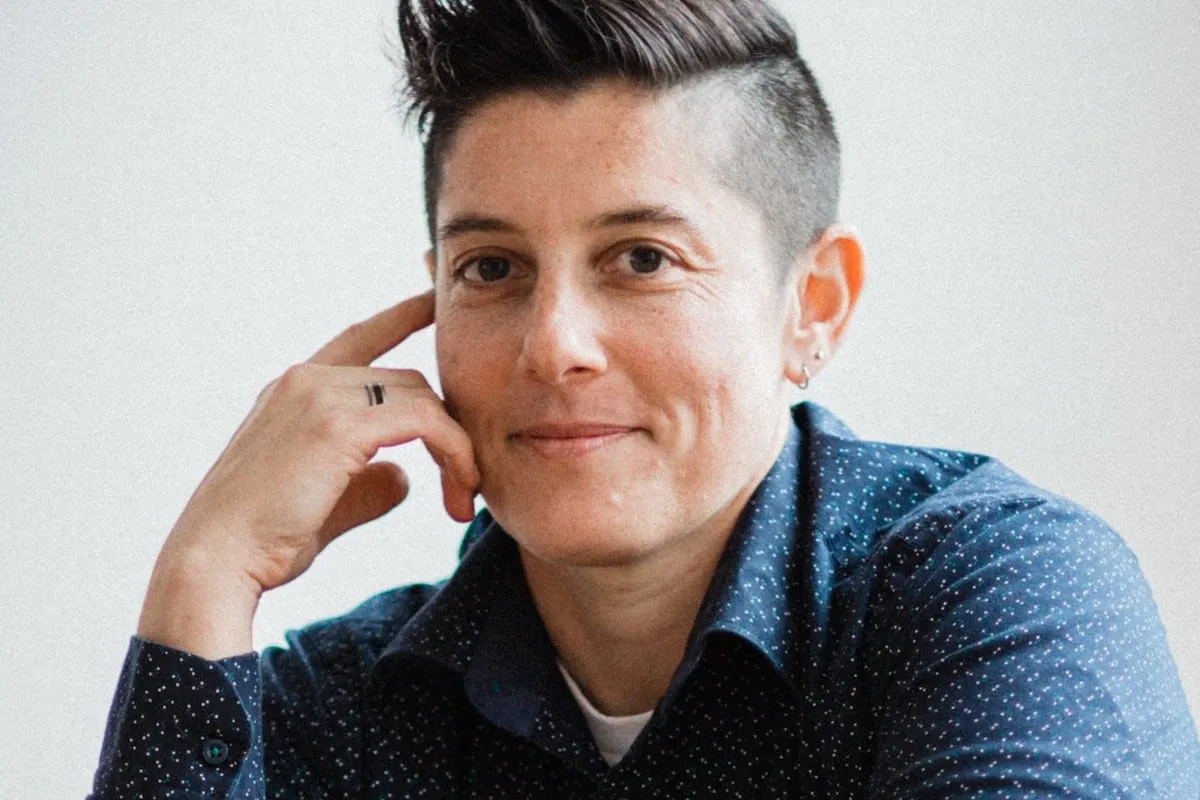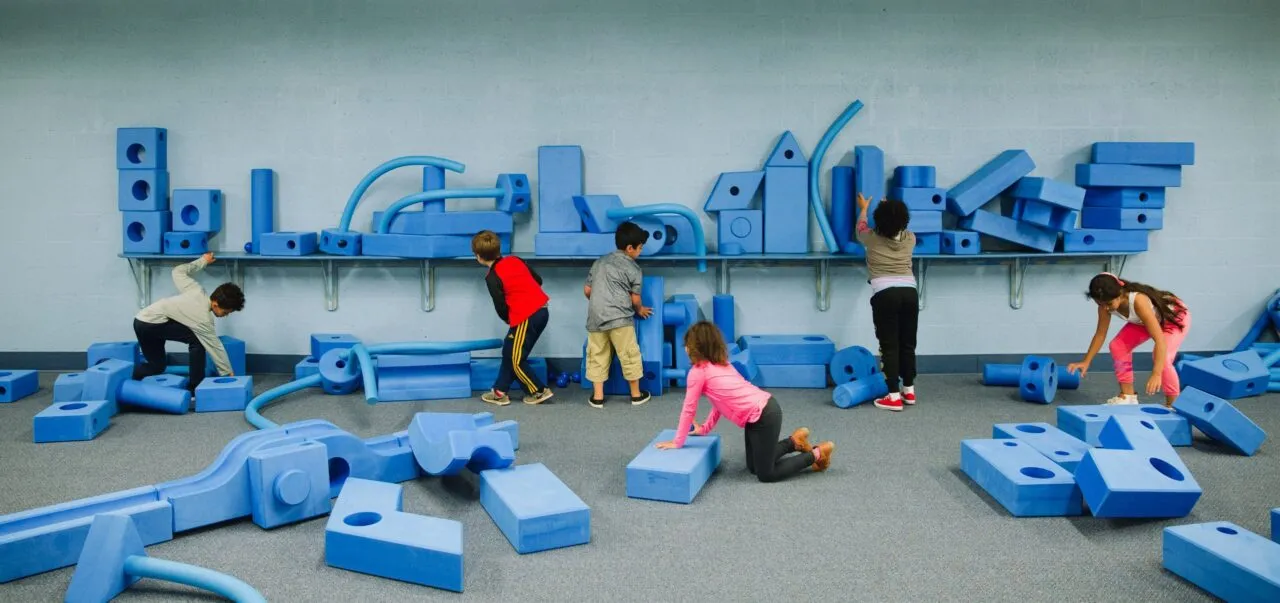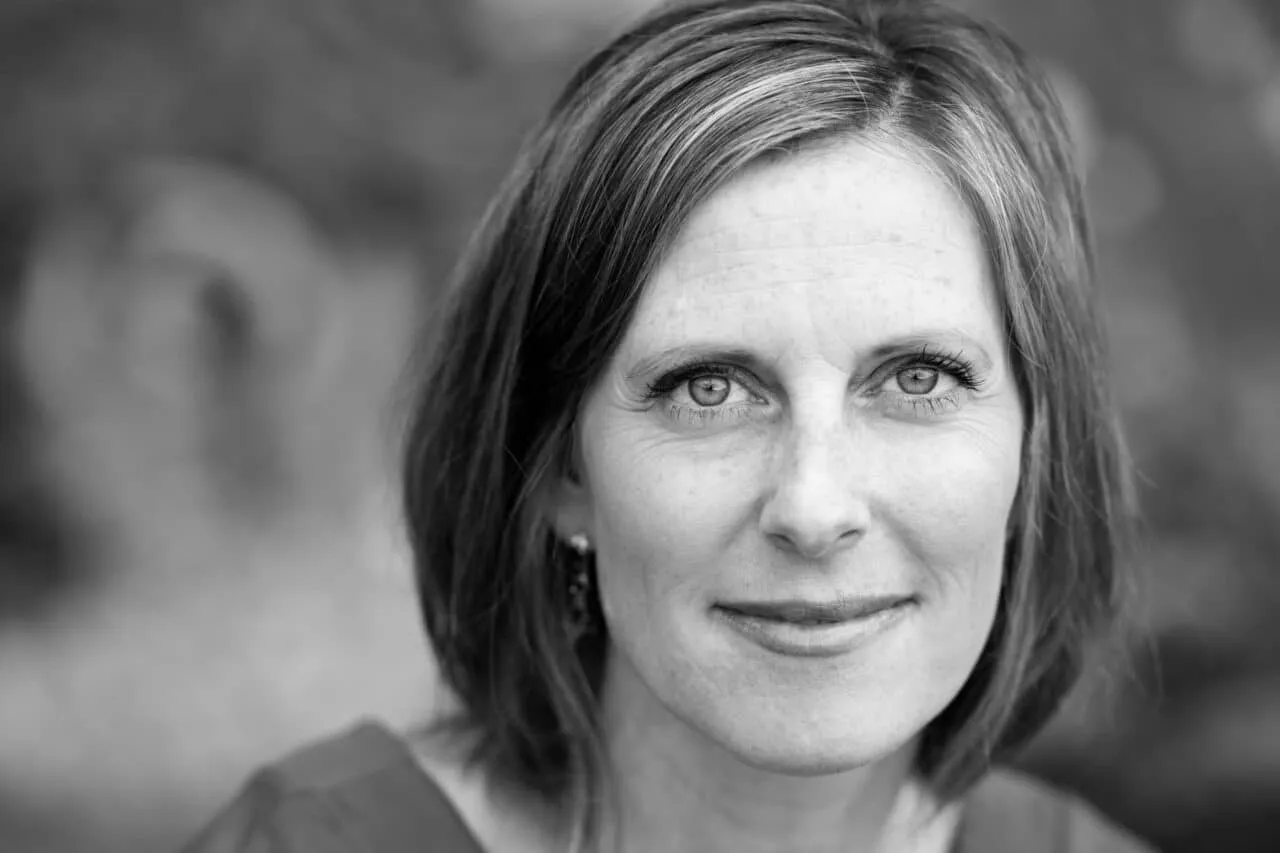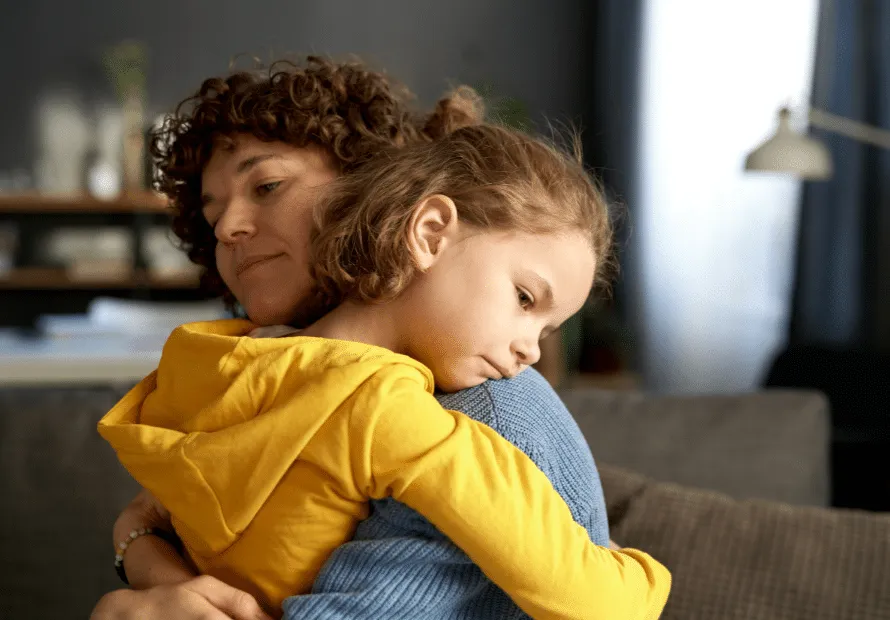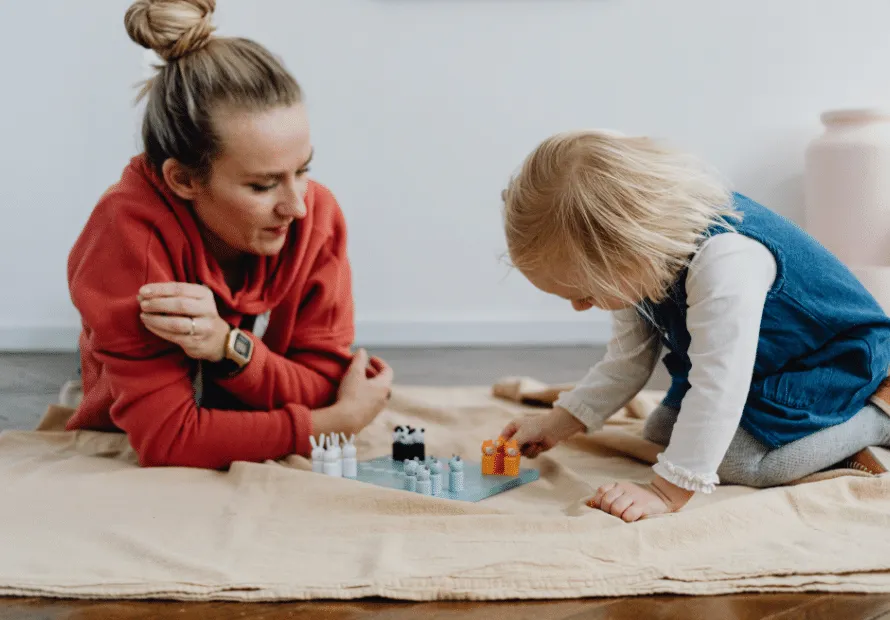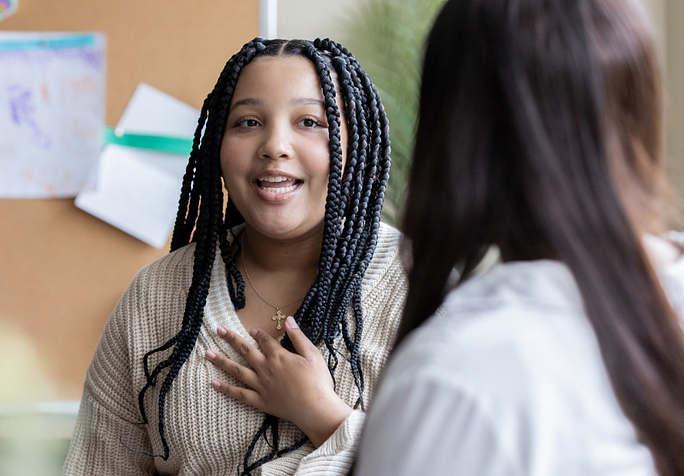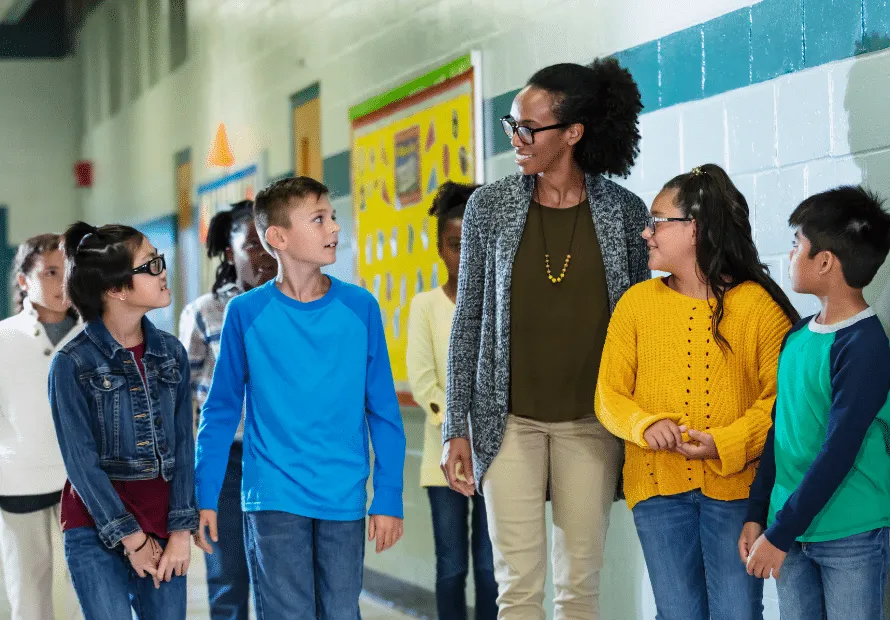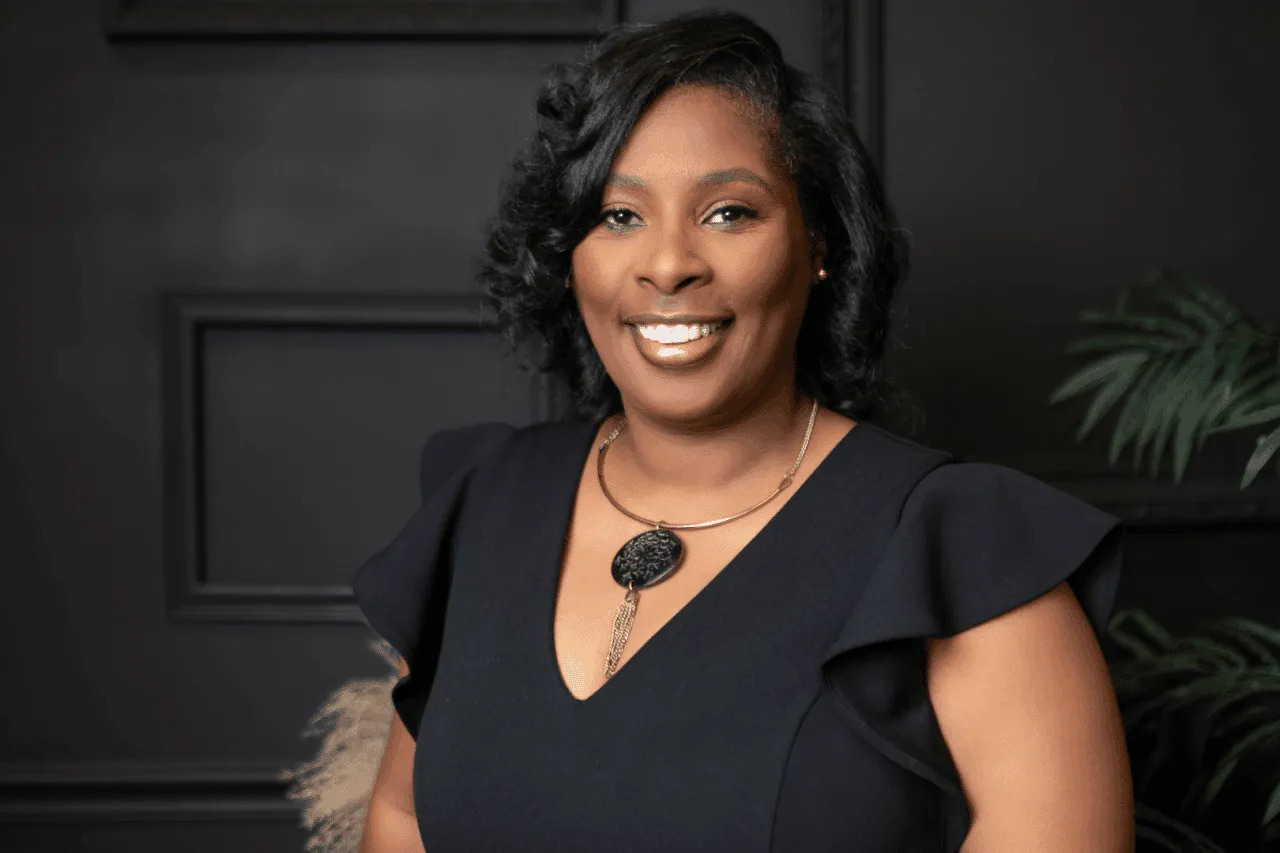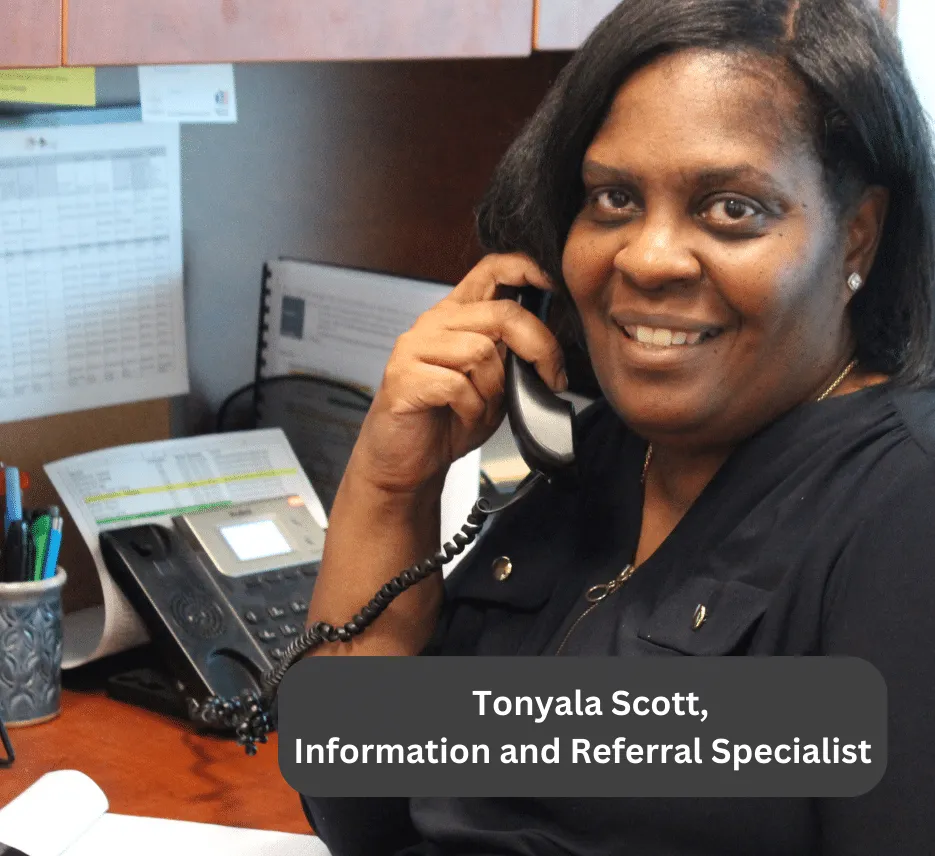How to Incorporate Your Child’s Ethnic and Cultural Heritage into your family
How to Incorporate Your Child’s Ethnic and Cultural Heritage into your family

6 Ways to Explore Your Child’s Ethnic and Cultural Heritage
Being able to acknowledge biases or blind spots as parents makes it easier to support your kids and hear what they have to say about their experiences in a cross-cultural family.
First and foremost, as an adoptive or foster parent, acknowledge differences between yourself and your children; be honest with yourself about how it makes you feel to sit with that difference.
As an adoptive parent, you should then be open to initiating a family conversation about where your child comes from and your desire to celebrate how that influences who they are. Some common topics of exploration include physical features, languages learned before English, ethnic foods, and cultural celebrations or traditions.
- Read books and articles together with your child about racial differences.
- Visit restaurants from your child’s birth country.
- Find social events that celebrate your child’s culture.
- Connect with cross cultural parent groups and youth groups.
- Explore your faith in a cultural context that represents your child’s ethnicity.
- Seek out positive role models for your child, understanding their experiences is critical. Think about who in your own social circle can fulfill that need. Consider neighbors, coworkers, and friends who share your child’s heritage, invite them over for dinner and create space for these people to become closer family friends.
Children who have been adopted who came home at a younger age will need more parent led exposure to these opportunities while older adoptees bring a lot of information and opinions about how they want to remember and honor their heritage.
Regardless, the need for you as a parent to be curious and supportive about exploring cultural identity still exists. Sometimes wrapped into these exchanges are the sharp feelings of loss, of a reminder that the people who look like me, speak this language, eat these foods or listen to this music are not able to raise me or take care of me. As an adoptive parent, it can be difficult to see your child hurting in this way or especially troubling when that hurt is directed at you.
Your child’s struggle is not about you.
Your child is figuring out who they are, how they fit into this family, and ultimately in this world. Try not to take things personally. Persist in learning about your child’s culture and allowing your child to express and work through their feelings within the safety of the family.
Many parents worry that acknowledging and exploring ‘difference’ will create emotional distance within the family. The opposite is true. Encouraging children to be vulnerable to put unspoken thoughts into words so that they can experience being fully known by the people who love them fosters closeness and increases a child’s self-confidence.
Every child is unique. Some children will embrace more parts of their heritage than others and it is perfectly normal for interest in cultural exploration to come and go in waves. The best thing an adoptive parent can do is to continuously open the door to exploration and let your child lead you in (or out) of that door.

